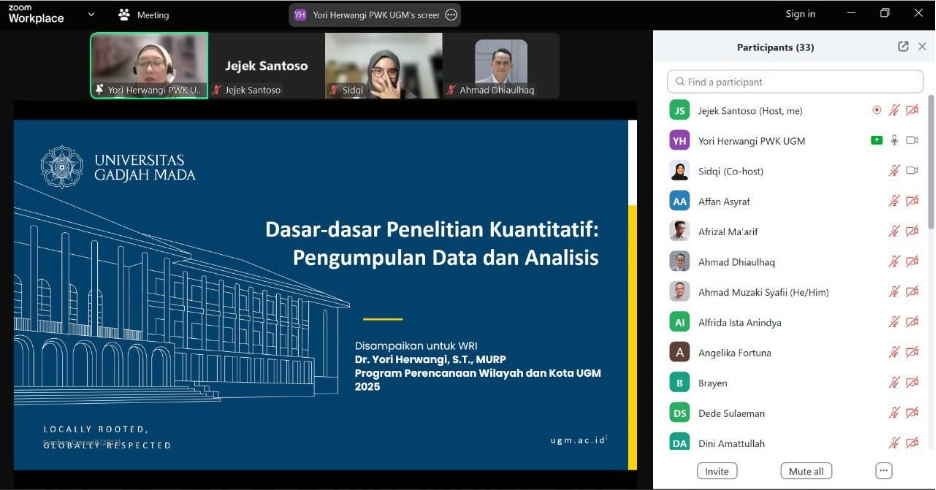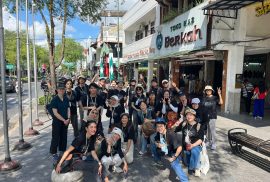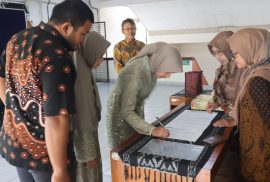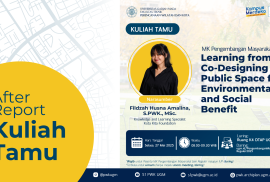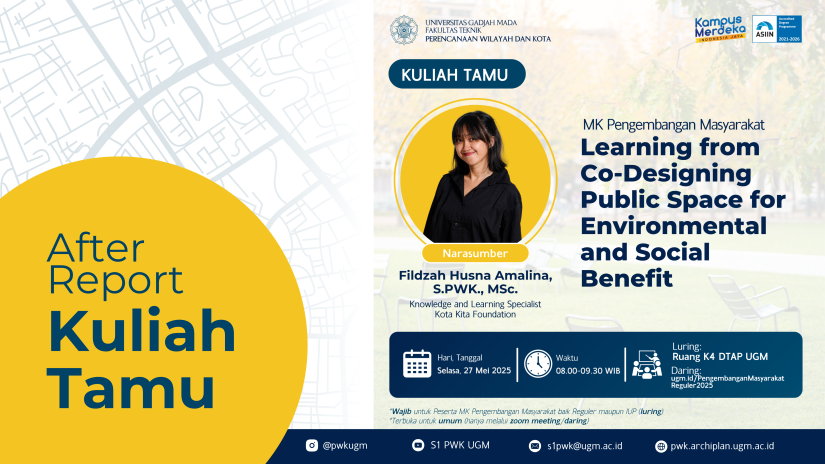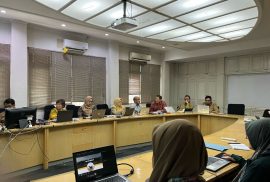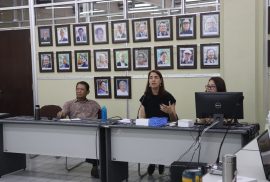Yogyakarta, 25 September 2025 – The Department of Urban and Regional Planning (PWK), Universitas Gadjah Mada, held a guest lecture entitled “Systems Approach to Planning” conducted offline at the Building of the Department of Architecture and Planning Engineering, Faculty of Engineering, Universitas Gadjah Mada. The lecture was open to members of the academic community as well as the general public.
On this occasion, PWK UGM invited Nicholas Phelps, Associate Dean (International) and Chair of Urban Planning, Faculty of Architecture, Building and Planning (ABP), The University of Melbourne, as the keynote speaker.
